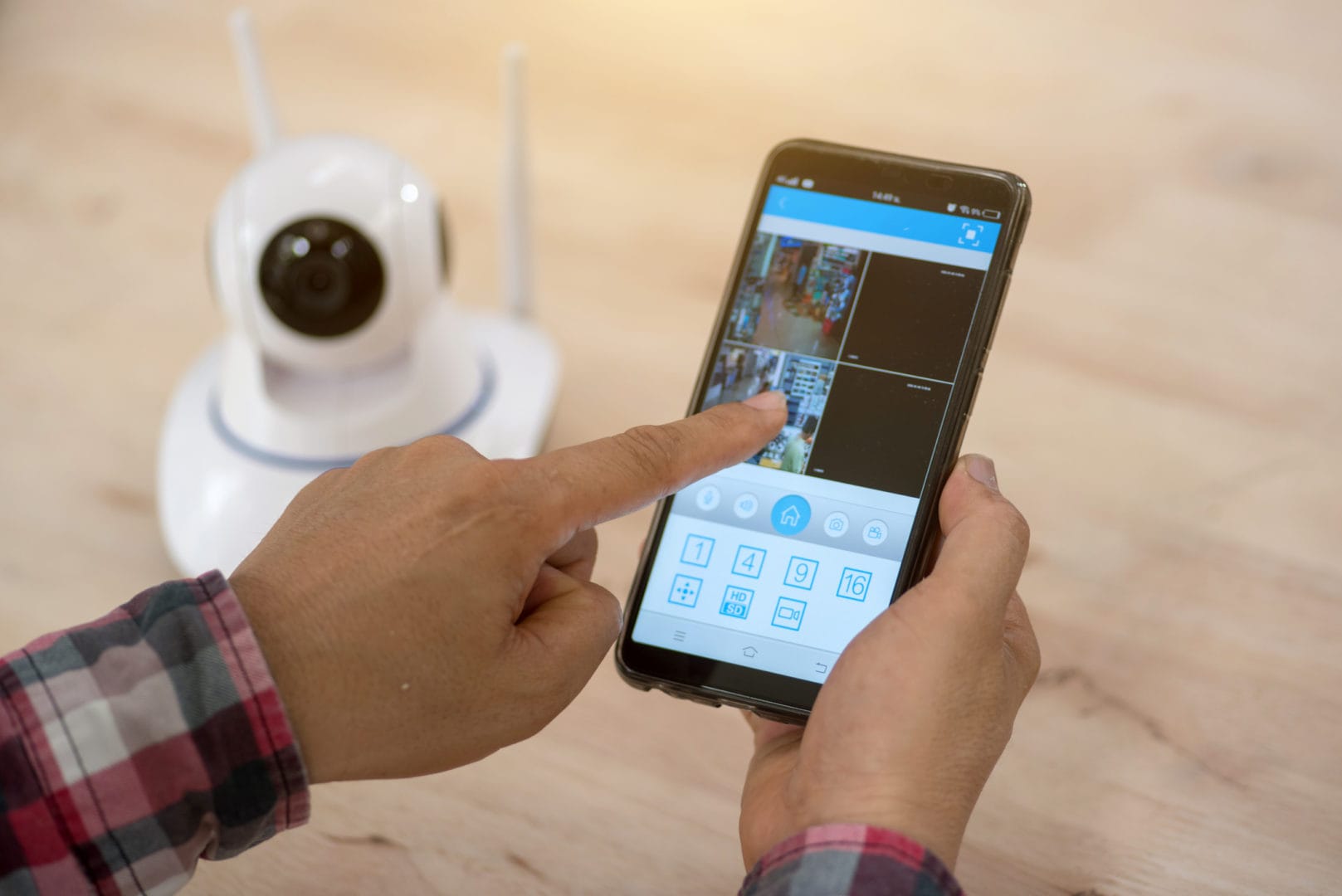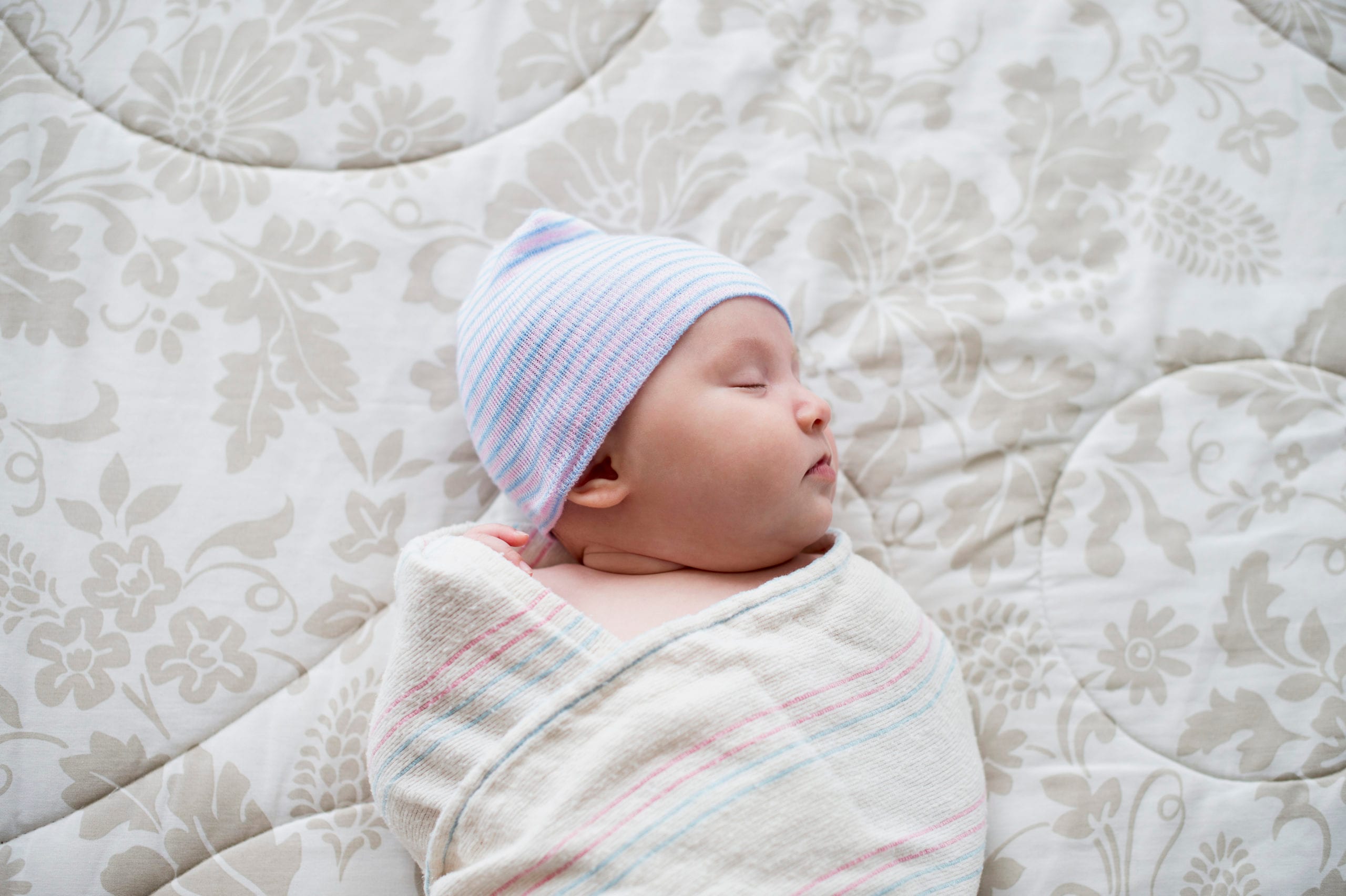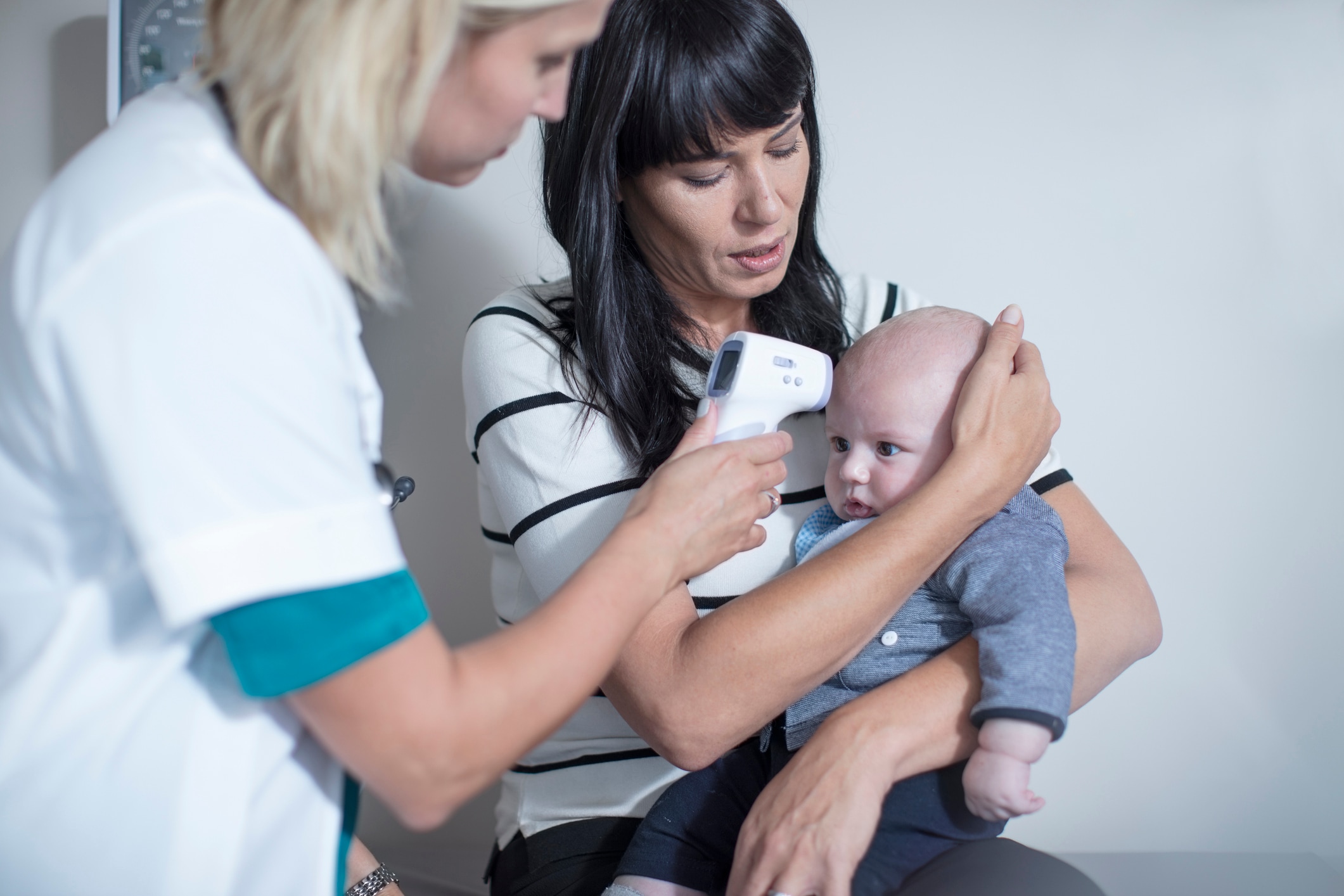With recent advancements in smart camera and home monitoring technology, home security cameras are booming in popularity these days. In fact, it’s estimated that 22 million Americans will have smart security in their homes by 2020, up from just 3 million in 2014.
While it’s one thing to buy a smart camera like a Nest Cam or Canary to monitor for things like burglary, there are considerations you need to take if you want to use your camera to watch over a nanny or caregiver in your home. To start, there are laws that may limit what you’re able to record. You should also consider how use of a smart camera may affect your relationship with your caregiver and what other risks you may expose yourself to.
Still, you may decide that having the information a home security camera provides is important to you and your family. Adrienne Stewart, a mom in McAllen, Texas, used nanny cams throughout her home when she and her husband hired a new caregiver to watch their son. They saw no problems when reviewing footage, but then the nanny went to go work for Stewart’s friend.
“I come to find out that the parents also had a nanny cam, and the dad saw the nanny yank on the 1-year-old’s hair,” Stewart says. “She grabbed her by the ponytail and threw her aside and she started to cry, and I said, ‘That person was in our house!’”
The Stewarts continue to use home security cameras and tell sitters and nannies up-front that they do so.
“It’s about peace of mind and safety for us,” Stewart says.
But before you get and use a home security camera, here’s what you need to know and should do.
1. State laws on home security cameras vary, so know the laws in your state
It’s legal to install a home security camera in a home in every state. However, the laws that dictate how and what you can record vary from state to state, and audio recordings and video recordings are typically treated differently under the law, says Will Smith, lawyer at Schenk Smith LLC in Atlanta. Many states don’t require you to get consent from the caregiver or notify them first, but some do mandate this.
Smith, who specializes in nursing home abuse and neglect, says laws are also different if you plan to record at a nursing home or retirement community, where there may be issues with Health Insurance Portability and Accountability Act (HIPAA) and patient privacy laws.
“There are six states that I’m aware of that have a law directly related to allowing a video cam in a nursing home,” Smith says. “All of them require there be some kind of notice to the nursing home.”
If you’re unsure of laws regarding home security cameras in your state, Smith recommends meeting with a criminal defense attorney.
“The reason why is because violation of those statutes is a crime, so you could illegally eavesdrop on somebody,” Smith says.
A criminal defense attorney can help you make sure you’re not inadvertently committing a crime your state.
2. Keep privacy in mind
A key component of privacy laws that affect home security cameras hinges on something called “the expectation to the right of privacy,” Smith says.
The places where people do have expectation of privacy in your home is in a bathroom or somewhere they might change clothes (for example, the bedroom of a live-in caregiver). So while it’s often fine to set up cameras in a living room, kitchen or exterior of your house, you’ll likely get in trouble for setting up a camera in place where the average person would have an expectation of privacy, Smith says.
3. Have a conversation with your caregiver
To set a clear expectation of where there is and isn’t privacy, it’s smart to let a nanny know up-front about the cameras. In fact, it may be legally required to disclose your cameras in some jurisdictions. Plus, if you don’t tell them and only bring it up later when you’re pointing out something they did wrong, the caregiver could be unpleasantly surprised.
“It’s weird trying to balance safety while also showing an employee that I do trust them with my child,” says Aaron Sachs, a father of an 11-month-old daughter in San Antonio, Texas.
However, he says, whenever he tells their nannies up-front about the home security cameras in his home, they have always understood why they’re there.
For example, you could explain it by saying something like this: “I want to make sure you’re aware that we have nanny cams in the home in [these locations], and we regularly check in on the live stream. We want to let you know that it’s not because we don’t trust you, but it just gives us peace of mind and lets us know that everything at home is going smoothly.”
Additionally, simply letting caregivers know they’re being watched can be enough to positively influence their behavior.
After all, “your goal shouldn’t be to catch somebody committing neglect; your goal should be to prevent it,” Smith says.
He points to businesses that have dummy cameras to psychologically tricking people into being on their best behavior.
4. Take measures to avoid your cameras being hacked
When Sachs and his wife first hired a nanny to watch their young daughter, they wanted home security cameras in the house to keep an eye on things. However, Sachs, who works in the tech industry, had concerns about cameras getting hacked. We’ve all seen the horror stories in the news where someone has hacked into a family’s camera and spied on them, and in some cases, spoke to the children or played eerie music.
“When thinking about home surveillance, my wife and I realized it made us feel less safe by posting cameras all around the inside of the house,” Sachs says. “If somebody were to be able to hack into my account, they could watch my every move. It’s a double-edged sword.”
He says his daughter’s safety is his top concern, and a violation like this is the very thing he’s trying to protect against.
According to Wenyao Xu, associate professor of computer science at the State University of New York (SUNY) at Buffalo, “Anyone who is concerned about the privacy, security and safety of their family should be concerned about the risk of their cams getting hacked, because this risk is quite high.”
Sometimes the cameras are hacked by what he refers to as “ratters,” or people who spy through webcams.
Xu says this is most likely to happen when users aren’t aware of hacking risks and fail to change the password from the default. He says it can also happen when home security camera vendors fail to prioritize product security.
“Unfortunately, the key selling features of nanny cams in the market are quantifiable features, such as size, weight, looks, price, speed and resolution, rather than security,” he says. “There are no metrics to quantify the level of cam security, and there is no absolutely secure cam in theory or practice.”
Because home security cameras are easy to hack, the incidences of rattlers are on the rise, he says.
With these concerns in mind, Sachs and his wife settled on only having one camera to monitor their daughter’s crib and two cameras to monitor the exterior of the house. Be sure to check local laws on the use of exterior cameras if you, too, decide to go this route. This way, they can advise the nanny on whether to open the door for a visitor or not, and they can ensure their daughter is safe and comfortable in her crib but not expose any other areas of the house.
“We also get recordings if something’s detected around the crib, like noise if she has been crying,” Sachs says. “In terms of safety, we’re able to ensure within that space that she’s OK. I feel like it’s enough, a minimum viable security and safety for our daughter.”
These hacking concerns are enough to keep some parents away from home security cameras altogether. Bradley Gunter, a lawyer and father of two young children in Dripping Springs, Texas, doesn’t want them in his home. He has concerns that the WiFi-connected cameras are too easy for someone to hack into and spy on his family, especially the cheaper brands that aren’t as trustworthy, he says. Then with the bigger brands, like Amazon, he has concerns about the data and footage from his home being stored on their servers.
“It’s creepy; I don’t know what they’re going to do with that,” Gunter says. “Any time they have a bunch of data on you, they could use it for something nefarious, like creating more advertising content based on what you say in the cameras, which is already happening with phones. If they are hanging onto it, and there are data breaches, footage from your camera could be leaked.”
He says if he and his wife can’t trust a nanny enough to have them in the home without cameras, they don’t want that person to watch their kids in the first place.
To help prevent your home security cameras from being hacked, there are a few measures you can take:
Secure your WiFi network by requiring a password (and make sure to change it from the default), recommends the Federal Trade Commission (FTC).
Change your password for the home security camera’s software from the default immediately, and change it every three months, Xu recommends. He suggests making your password a hard-to-guess combination of letters, numbers and special characters.
Register your device so you will receive security updates from the manufacturer, and update the camera’s firmware as soon as there are updates available, according to the FTC.
Power off the home security camera when you’re not using it, and disconnect it from the Internet for a few minutes every week, says Xu.





